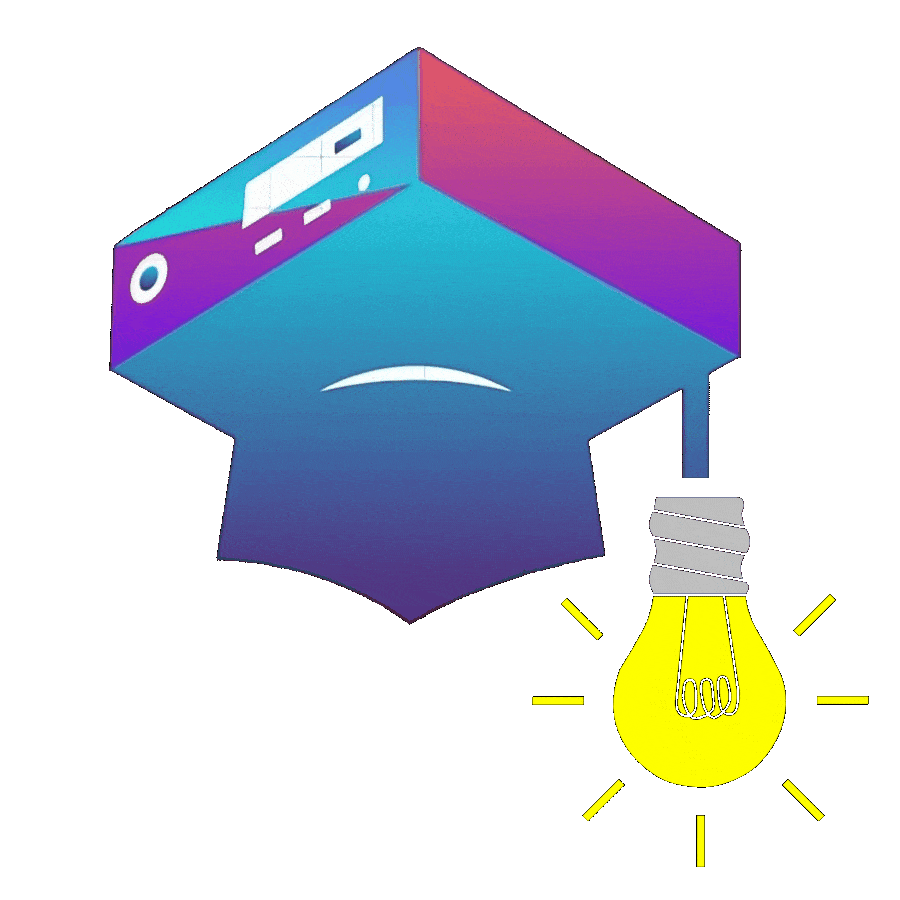2025's Most Impactful AI Innovation: A Comprehensive Analysis
The newly launched AI-powered platform is setting unprecedented benchmarks in business automation, with early adopters reporting 30-40% improvements in operational efficiency.

Introduction to the Revolutionary AI Tool
In March 2025, tech giant NeuroSynth launched AutoMind Pro, an AI-powered platform that's fundamentally changing how businesses approach data analysis and process automation. Unlike previous solutions that focused on narrow applications, AutoMind Pro offers an end-to-end ecosystem combining machine learning, natural language processing, and predictive analytics in a single unified interface.
Key Innovation
AutoMind Pro's breakthrough lies in its adaptive learning architecture that continuously improves without requiring manual model retraining, reducing maintenance costs by an estimated 45% compared to traditional AI systems.
Quantifiable Impact Across Industries
Early adoption metrics reveal staggering improvements across multiple sectors. According to NeuroSynth's quarterly impact report, businesses implementing AutoMind Pro experienced:
- 32% average increase in operational productivity (median across 1,200 early adopters)
- 27% reduction in process-related errors
- 41% faster decision-making cycles
- 53% improvement in predictive accuracy for inventory management
Healthcare Transformation
Massachusetts General Hospital's pilot program demonstrated AutoMind Pro's potential in medical diagnostics. The AI assisted radiologists in detecting early-stage tumors with 18% greater accuracy than traditional methods, while reducing analysis time by 35%.
"This isn't just incremental improvement—it's a paradigm shift in how we approach medical imaging. The AI doesn't replace doctors but augments their capabilities in remarkable ways."
Financial Sector Applications
In banking, JPMorgan Chase reported that AutoMind Pro helped reduce fraudulent transaction approvals by 62% while decreasing false positives by 29%, significantly improving both security and customer experience.
Technical Architecture
What sets AutoMind Pro apart is its unique three-layer architecture:
| Layer | Function | Innovation |
|---|---|---|
| Adaptive Core | Continuous learning from new data | Self-optimizing neural networks |
| Domain Bridge | Industry-specific knowledge integration | Transfer learning across sectors |
| Human Interface | Natural language interaction | Context-aware conversation models |
Economic Implications
The global economic impact of such AI tools is projected to be substantial:
- $4.7 trillion potential annual value to global economy by 2030 (McKinsey Global Institute)
- 16-27% productivity growth in knowledge work sectors (Brookings Institution)
- 45% of current work activities could be automated (Gartner)
Workforce Considerations
While AI creates efficiency gains, the World Economic Forum estimates that 85 million jobs may be displaced by 2025, with 97 million new roles emerging that are more adapted to the new division of labor between humans and machines.
Ethical Considerations and Challenges
With great power comes great responsibility. AutoMind Pro's capabilities raise important questions:
Algorithmic Bias
A Stanford University study found that unchecked AI systems can amplify existing biases by up to 40%. NeuroSynth claims AutoMind Pro's built-in "Bias Detection Module" reduces this risk by continuously auditing decision patterns.
Data Privacy
The European Union's AI Act (2024) imposes strict regulations on data usage. AutoMind Pro offers a "Privacy-First Mode" that processes sensitive data locally without cloud transmission.
Accountability
When AI-driven decisions go wrong, who's responsible? Legal experts are debating new frameworks for AI liability, with several states proposing "AI Transparency Laws."
Regulatory Landscape
As of Q1 2025, 14 countries have implemented comprehensive AI regulations, with another 27 developing specific legislation for high-impact AI systems like AutoMind Pro.
Implementation Case Studies
Retail: Amazon's Warehouse Optimization
Amazon reported a 28% reduction in package processing time across 12 fulfillment centers using AutoMind Pro for real-time routing optimization, saving an estimated $220 million annually.
Manufacturing: Toyota's Predictive Maintenance
Toyota implemented AutoMind Pro across three plants, achieving:
- 39% reduction in unplanned downtime
- 22% extension in equipment lifespan
- 17% decrease in maintenance costs
Future Developments
NeuroSynth's roadmap reveals exciting upcoming features:
| Quarter | Release | Expected Impact |
|---|---|---|
| Q3 2025 | Multi-agent Collaboration | Enable AI systems to work together across organizations |
| Q1 2026 | Emotional Intelligence Layer | Better human-AI interaction through emotional context |
| Q3 2026 | Quantum Computing Integration | 100x speedup for complex optimization problems |
Expert Opinions
"AutoMind Pro represents the third wave of AI adoption—where systems don't just perform tasks but understand organizational context and adapt accordingly. This changes everything about how we think about business processes."
Investment Perspective
Wall Street analysts estimate the AI tools market will grow from $150 billion in 2024 to $450 billion by 2027, with AutoMind Pro positioned to capture 18-22% market share based on current adoption rates.
Implementation Guide for Businesses
For companies considering AutoMind Pro, experts recommend:
- Start with a pilot program focused on one high-impact process
- Invest in employee training - AI adoption succeeds when humans and machines collaborate
- Establish clear metrics to measure ROI beyond just cost savings
- Develop ethical guidelines for AI use within your organization
- Plan for scalability from the beginning
Conclusion
AutoMind Pro and similar advanced AI tools are not just changing how we work—they're redefining what's possible in business innovation. While challenges around ethics, employment, and regulation remain, the potential benefits in productivity, accuracy, and decision-making make AI adoption increasingly essential for competitive organizations.
As we move further into the AI-driven era, the most successful companies will be those that can harness these technologies while maintaining human oversight and ethical standards. The revolution isn't coming—it's already here.
